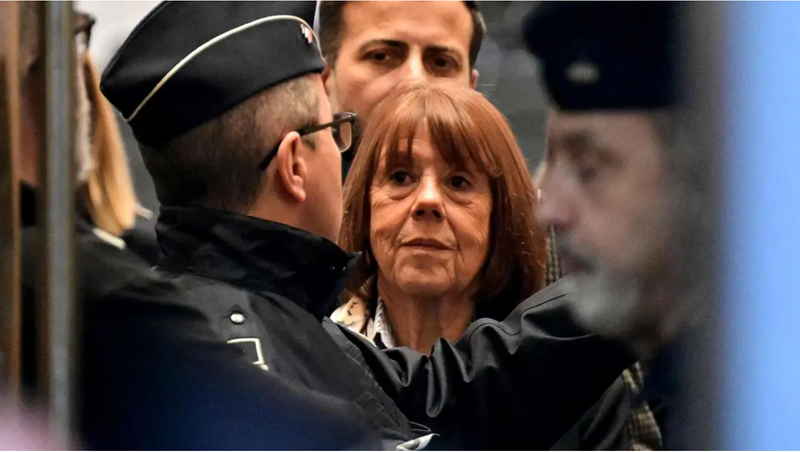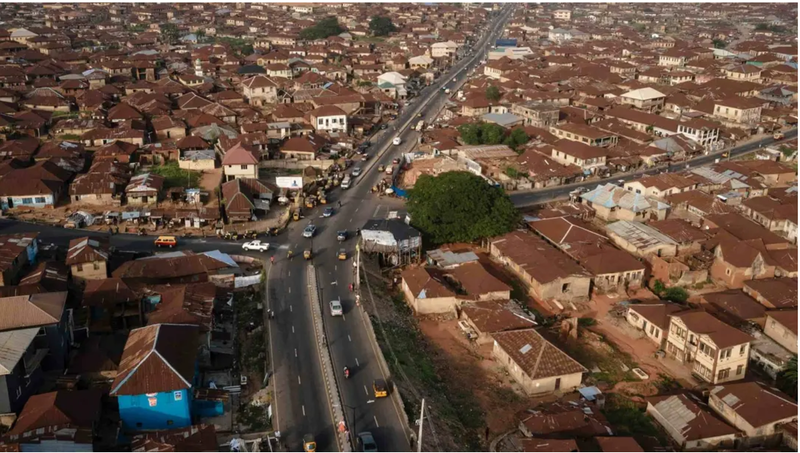Iceland: PM Joins Women's Strike for Equality
Thousands of women across Iceland, including the country's Prime Minister Katrin Jakobsdóttir, went on a 24-hour strike on Tuesday to protest against gender inequality and gender-based violence in the largest walkout of its kind since 1975....

Facts
- Thousands of women across Iceland, including the country's Prime Minister Katrin Jakobsdóttir, went on a 24-hour strike on Tuesday to protest against gender inequality and gender-based violence in the largest walkout of its kind since 1975.1
- The Nordic Island nation's trade unions, which represent about 90% of Icelandic workers, had called on women and people who identify as nonbinary to refuse both paid and unpaid work for a day.1
- As a result, schools and theatres were closed, hospitals limited their services, and the national carrier Icelandair canceled its flights.2
- Jakobsdóttir, who joined the strike — known as the 'Kvennafrí' or 'Women's Day Off' — in solidarity with Icelandic women, reportedly canceled a cabinet meeting and stayed home.3
- Before the start of the strike — which at least 25K women attended — Jakobsdóttir reiterated her goal to eliminate all gender inequality by 2030.4
- According to a University of Iceland study, about 40% of women in Iceland — ranked the best country for gender equality by the World Economic Forum for 14 years in a row — experience gender-based violence.5
Sources: 1Associated Press, 2The New York Times, 3Sky News, 4The Guardian and 5VOA.
Narratives
- Progressive narrative, as provided by Al Jazeera. Nearly half of Iceland's lawmakers are female, 90% of working-age women have jobs, and a woman leads the country. Yet, inequality, toxic masculinity, systemic wage discrimination, and gender-based violence persist in Iceland. This historic strike highlights the importance of women in the country's economy and is a step in the right direction towards eradicating the scourge of gender disparity for good.
- Conservative narrative, as provided by National Post. Despite Iceland leading the world in gender equality, the prime minister is standing in solidarity with protesters and endorsing a distorted narrative. While everyone should be treated and compensated fairly, the mainstream portrayal of the so-called pay gap mischaracterizes it as a gender issue, neglecting to consider age, experience, personality, and a plethora of other factors.






